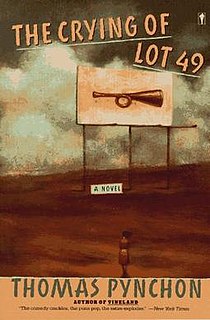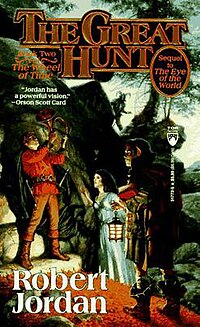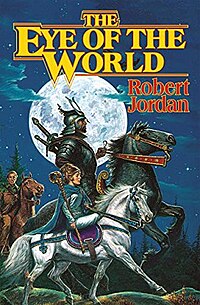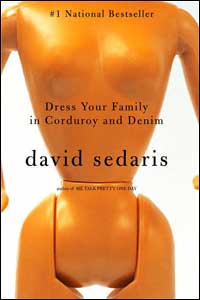
It's somehow fitting that this reading project kicks off for me with
Kafka on the Shore, my first Haruki Murakami book. I nabbed it from Josh's shelf the night after I saw the Frank Galati-helmed adaptation at Steppenwolf (featuring, among others, Fran Guinan as a truly spectacular Johnny Walker and Colonel Sanders). My sense, coming from the show, was that the novel would be richer in its exploration of subjectivity and the blurred nature of reality and truth -- big themes in the staged version that clash somewhat with the fact that once you put an image, a character, a line of dialogue on stage, it carries a permanent and fixed weight that it might not carry on the page. Murakami's novel does delve somewhat into this blurring of perspective and the interchangeable nature of our physical universe, but what I found more striking is Murakami's fascination with literature, written as well as filmic and musical in nature, that packs the novel.
It's a sprawling piece filled with wild imagery (in addition to the appearance of the iconic Walker and Sanders characters, there are torrential downpours of fish and leeches, lost soldiers from a long-ended war, and one of my favorite literary devices: talking cats [see also
The Master and Margarita]) and Murakami's interests cover a broad spectrum, but the spine of the piece at least on this reading was the awakening impact of art on individuals. As his protagonist (Kafka) makes his torturous journey, Murakami notes Kafka's reading habits, the way that he breaks down novels and non-fiction, processing and developing theories about his world that spring from sources as diverse as Kafka's "In The Penal Colony," Sophocles' Oedipus cycle, and a biography of Eichman. (I have no doubt that the novel is indescribably richer to readers more familiar with these texts than I am -- Murakami makes it very reader-friendly for the uninitiated, but the few literary touchstones I was familiar with added a level of resonance that elevated the trip.) Meanwhile, in my favorite throughline that wasn't terribly present in Galati's adaptation, a working-class trucker (Hoshino) experiences a sudden epiphany at the hands of Beethoven's
Archduke Trio, which speaks to him in concert with Truffaut films
Shoot the Piano Player and
The 400 Blows and begins a philosophical awakening that soon has him re-examining his life, his place in the universe, and stories he'd forgotten for years.
It's a massive book, and I couldn't begin to do it justice or really grasp its thematic and narrative nuance without rereadings (and, I suspect, a firmer grasp of its reference points), but this is what spoke most beautifully to me: this sense of the elevating impact of art crafted by flawed individuals, the interconnectedness of literature, philosophy, and action, and the power literature of all forms has to inspire, deepen and inform its audience in ways they may not fully comprehend.
In any event, it's a helluva way to kick off the 50-book project; now, off to read 48 Hardy Boys books before finishing up with Infinite Jest. See you guys next November!



















